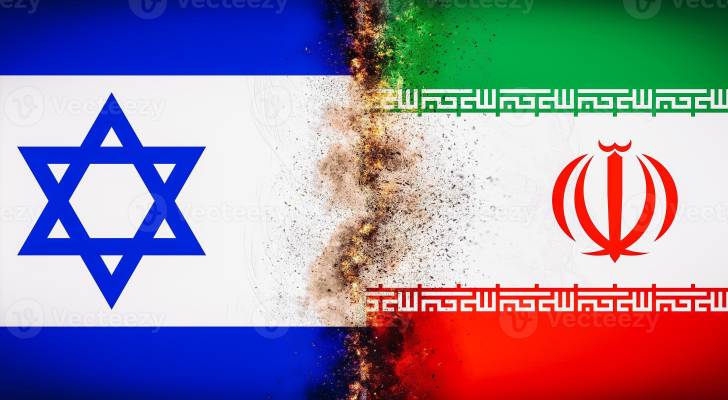“Shadow war”: Iran, ‘Israel’ cyber and covert war rages on
The negotiated ceasefire that ended the brief, high-intensity conflict between “Israel” and Iran in June 2025 may have halted missile exchanges, but it did not bring peace.
According to a report by the Financial Times, the decades-long "other war" between the two nations, a persistent and asymmetrical struggle fought in cyberspace and through covert operations, continues unabated.
Officials on both sides have confirmed that while the physical war concluded after 12 days, the digital and clandestine fronts never stopped.
Cyber Frontlines
The digital realm has become a permanent battlefield where each side employs fundamentally different strategies.
“Israel's” cyber operations are highly strategic, often serving as a force multiplier for kinetic military actions. For example, during the June 2025 conflict, a tactical cyberattack was used to disable Iran's air defense systems, allowing “Israeli” Air Force jets to strike Tehran without resistance.
These operations also play a significant role in intelligence gathering, providing critical information on senior Iranian military officials and nuclear scientists.
An “Israeli”-aligned hacking group, Gonjeshke Darande, also targeted Iran's economy by crippling major banks and reportedly stealing over $90 million from a cryptocurrency exchange.
In contrast, Iran’s cyber strategy is focused on disruption and psychological warfare. Iran’s Minister of Communications reported facing over 20,000 attacks during the 12-day war, but “Israeli” officials noted that none had a "dramatic impact".
Iranian-aligned groups have engaged in "hack-and-leak" operations against “Israeli” companies and used spear-phishing messages targeting diplomats.
They also employed disinformation campaigns, sending fraudulent text messages to “Israeli” citizens spoofed to look like official emergency alerts to spread panic about fuel shortages and attacks.
The impact of this activity was described as "markedly limited" in a broader strategic sense, mainly disrupting civilian life rather than providing a "decisive edge" in the conflict.




